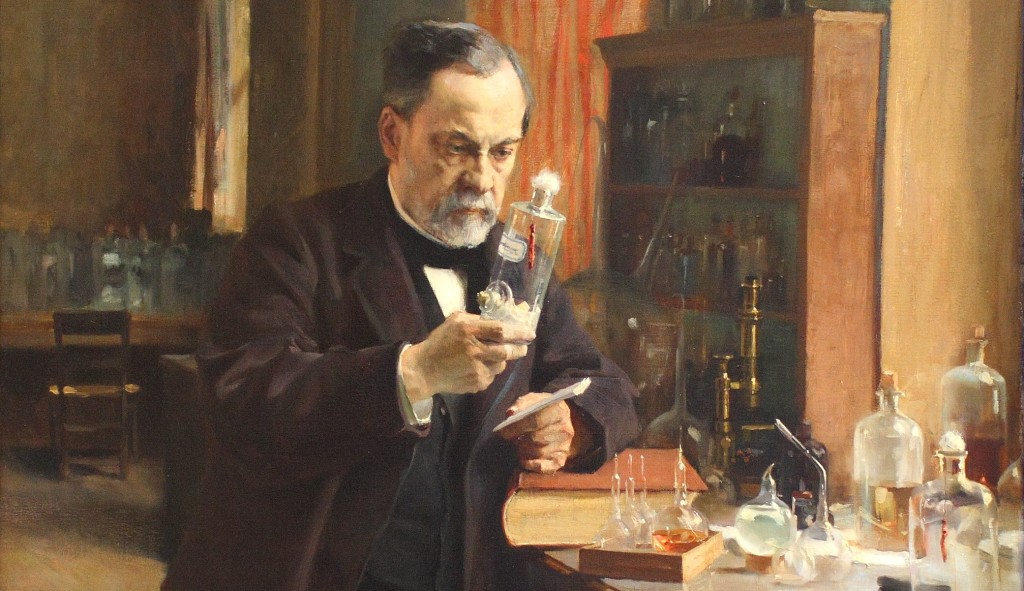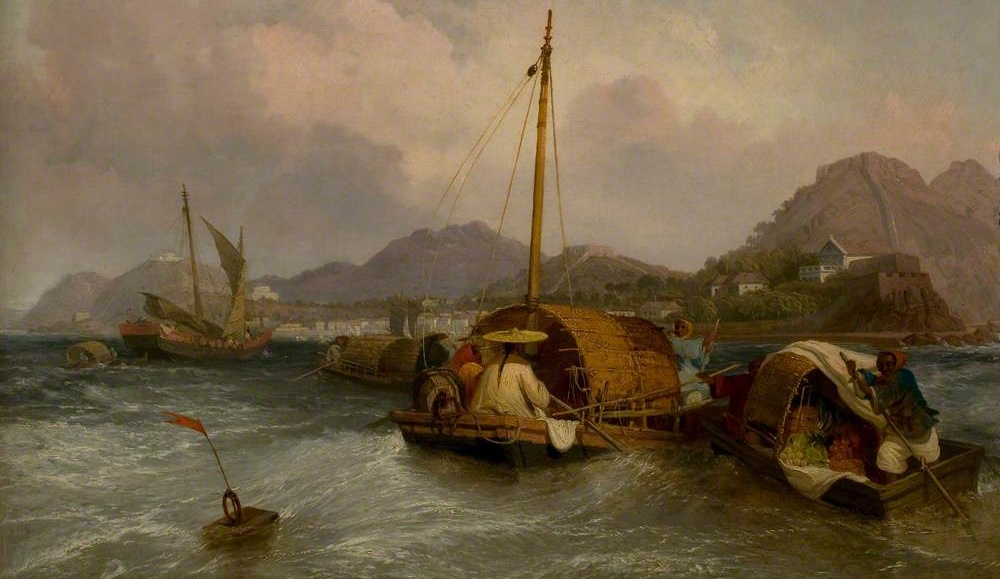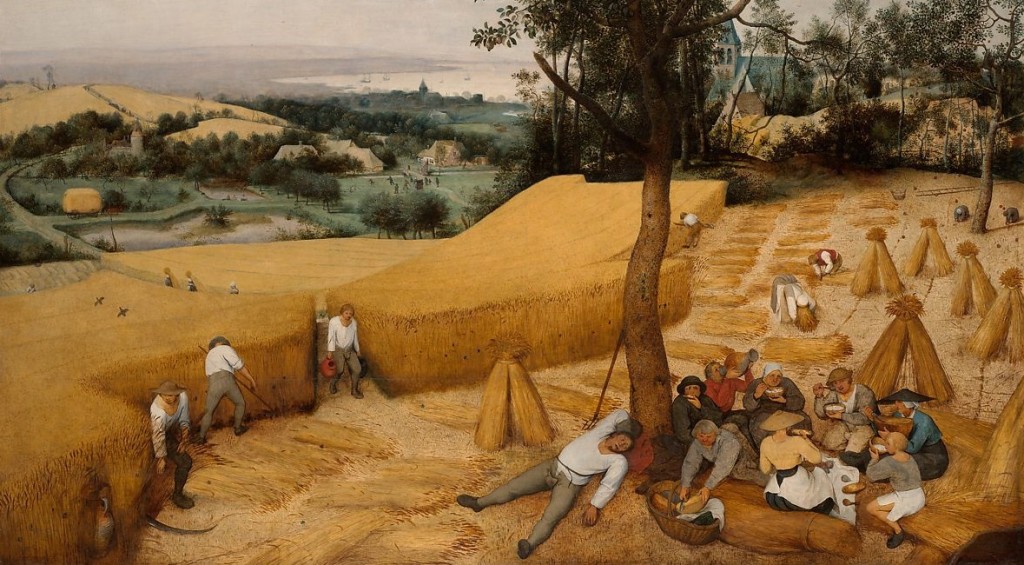
Trump Does Not Want to Get Off Stage
On November 8 the US elected all congressmen, 1/3 of senators, 36 governors and hundreds of officia;s at the state and local level. However, one of the main roles in the entire campaign was played by past and present presidents. Joe Biden, along with Barack Obama, encouraged people to vote for the Democratic Party, while Donald Trump waged battles within the Republican Party.









![4liberty.eu N E W S L E T T E R [NOVEMBER 2022] 4liberty.eu N E W S L E T T E R [NOVEMBER 2022]](https://4liberty.eu/phidroav/2020/05/Cornelis_Norbertus_Gysbrechts_005.jpg)